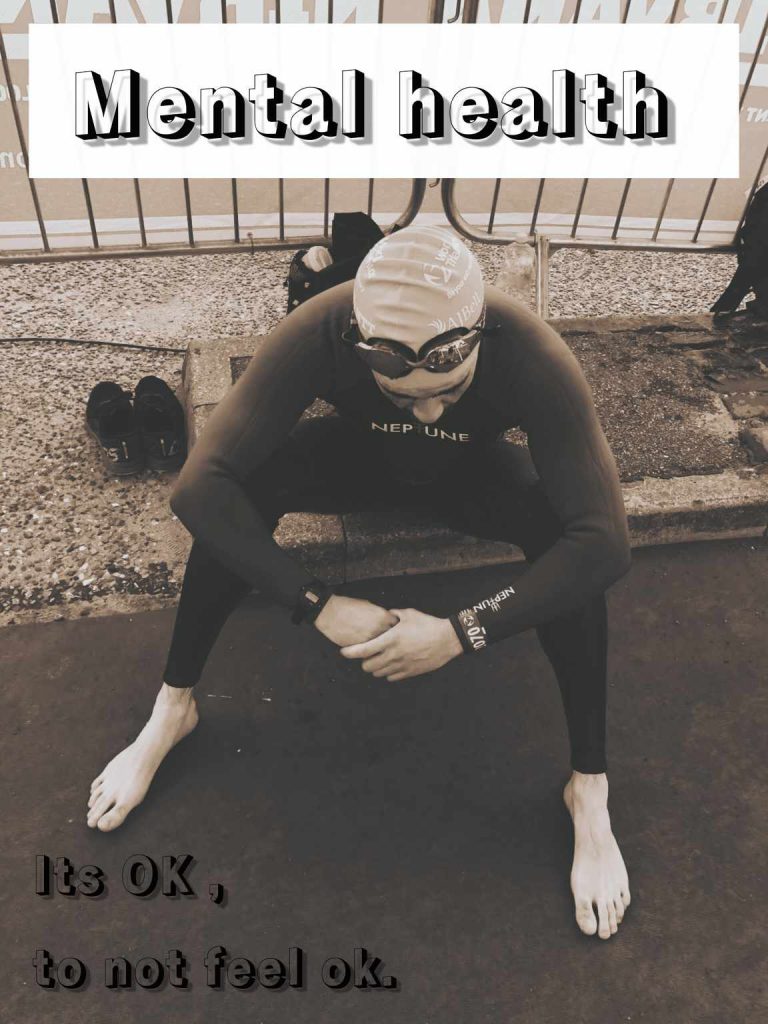During the Covid-19 pandemic it became aware to me that exercise was vital to maintain my mental health, and that of those around me including friends/family and clients.
Since then over the past few years I have dived deeper into the topic of mental health, reading books on mental fortitude, listening to podcasts from mental health professionals, as well as athletes known for their mental struggles.

Learning more myself
Earlier this year i decided to better educate myself on mental health so i could best help my clients, myself and my family, So i enrolled on a government course “Level 2 awareness of mental health problems”. On the course we covered ; Depression, Anxiety, Obsessive compulsive disorder, Shizophrenia, Bipolar disorder, Eating disorders, Postnatal depression , Dementia, Attention deficit hyperactivity disorder, Phobias, and Post traumatic stress disorder.
Throughout the course it really opened my eyes to the shocking statistics around mental health and ultimately how prevalent it is in all of our lives. If we ourselves aren’t currently struggling with a mental health condition , there is a high likelihood that someone close to or around us, is suffering. Some of my big takeaways were how stigmatized certain conditions still are, and how many sufferers worsen their condition over feelings of shame, guilt or anxiety over the reactions/ lack of understanding from others.
I also learnt lots of facts that I wasn’t previously aware of or even considered before, such as, how men can suffer with postnatal depression, and commonly do. But the biggest takeaway was that, most if not all of the mental health conditions listed above can be aided and have symptoms reduced, by exercise! Of all of the solutions this one came up as a valid preventative/ curative method for most of the conditions. Alongside medications most of which alter the body’s natural hormone levels (Dopamine, endorphins, cortisol) in a similar way to exercise.
The 3rd most common solution suggested for mental health issues were various talking therapies from trained professionals such as cognitive behavioral therapy.
However it was also highlighted how important it is to talk to peers/friends/relatives and partners about your mental health. And in my opinion it is this part that most of us, (in particular men) struggle with.
My goal after passing this course is now to encourage conversation around mental health, build a strong support network here at the gym and also to help educate others around; mental health conditions, the warning signs, and also the benefits of exercise when approached correctly. If you ever need someone to talk to but don’t know who to talk to , then reach out to me or one of the coaches, We’re invested in your physical & mental health.
It’s important to us so we’ll always make the time to listen and if we can, help. It’s ok, to not be ok ! Talking about your mental health is not a sign of weakness! Be kind , you don’t know what someone else is going through
Luke Taber
